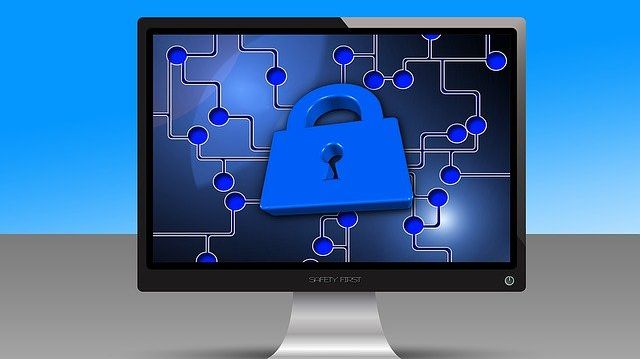IT Support Tips To Help Keep Your Information Safe

Information can be accessed in all sorts of ways. A hacker who is out for sensitive information will try all types of ways to hack a computer network. Employees should be mindful of how they navigate through their computer at work. Nonetheless, it’s not just when you are at work when a cyber attack can take place. Cyber attacks can take place when you are working on your own personal computer too.
Here are some IT Support Tips to follow to help keep your own personal information safe:
Bookmark the LEGITIMATE websites you frequently visit
Here’s a sneaky trick used by many hackers: they purchase and set up a fraudulent website that is a close misspelling of a legitimate one. Example: www.faceboook.com instead of www.facebook.com . All you have to do is accidentally fat-finger ONE letter in the URL and up pops a very legitimate-looking fake copy of the site you were trying to get to – and the login and links are full of key-logger malware and virus landmines waiting for you to click on them. This is particularly important for any social networks you belong to.
Work computers and devices are only for ONE thing…
That is, WORK! Never mix personal web surfing and social media with company devices. If you want to check your Hotmail account or Facebook page, do it during your lunch break and on YOUR personal device. Over 600,000 Facebook accounts are hacked every day. If you’re using a company device to access a compromised account, you’re opening up a door to a hacker who can then get into your company’s network via your e-mail or PC. Bottom line, don’t use company PCs, devices, phones or Internet for PERSONAL use.
Do online banking? READ THIS!
If you do online banking, NEVER access your online account with a PC or device that you use to log in to social media sites or free e-mail accounts (like Hotmail) or to surf the web. Since these are all highly hackable, keeping one PC dedicated to online banking reduces your chances of getting a bank-account-hacking virus. Of course, that PC should have antivirus installed, be behind a well-maintained and well-monitored firewall, have a strong password and be monitored for suspicious activity.
Don’t download ANYTHING you’re not authorized to download
So you have a big file you need to get over to your printer YESTERDAY and you can’t get it to “send” via e-mail because the file is too big. What should you do? The right thing to do is contact your IT department (us!) so we can assist by installing a secure, commercial-grade file-sharing application. What you shouldn’t do is download a free copy of Dropbox or some other file-sharing software without telling us. Dropbox and other free apps come with a price: SECURITY. These applications are known for security vulnerabilities and hacks. Plus, if we don’t know about it, we can’t manage it or secure it; so the golden rule is this: NEVER download any software or application without checking with your IT department first!
Interested in more tips? Sign up for our weekly Cyber Security Tips today and receive a tip every week directly to your inbox. Click HERE to sign up!
The post IT Support Tips To Help Keep Your Information Safe appeared first on SDTEK | San Diego, CA.


